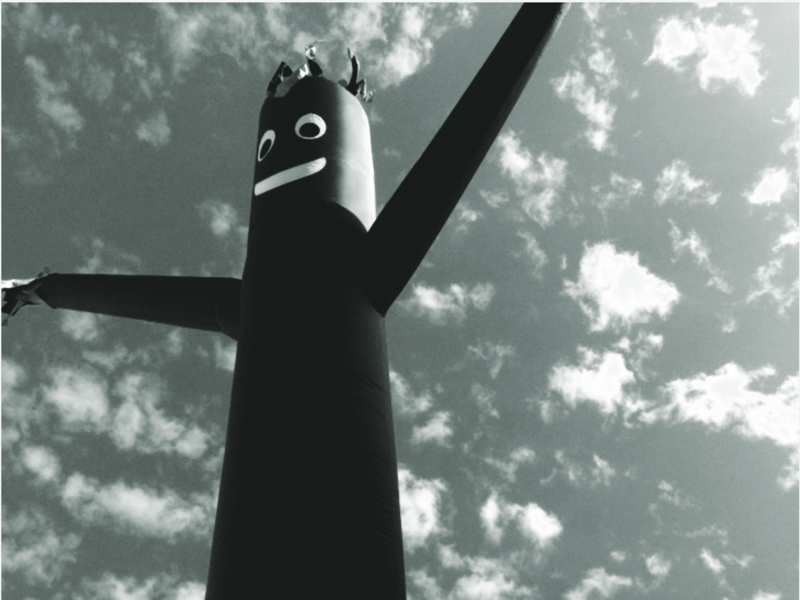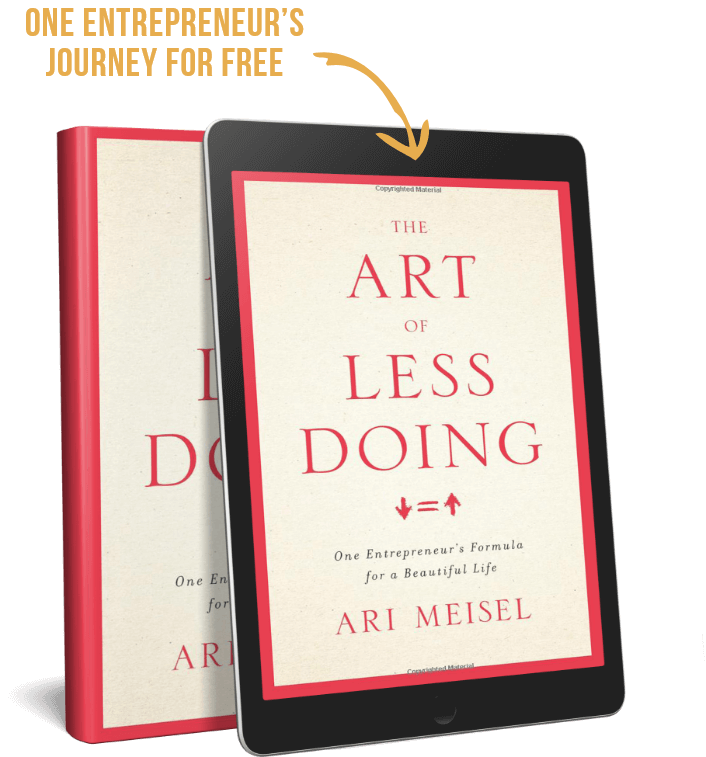Ok so imagine you’re in London in the Fifties. The government claimed in a somewhat puffed up, Post-war fashion that the growing number of civil servants was a direct reflection of the increasing amount of work that needed to be done.
It turns out they were full of shit, and Cyril Northcote Parkinson told them so in an essay in The Economist in 1955. Its publication led to a scientific discovery rightly called Parkinson’s Law; which states that work is elastic and it will expand to fill the time available for its completion.
Parkinson’s law is governed by two forces, namely the rule of multiplication of subordinates and the law of multiplication of work. The first force is that when a civil servant is overloaded with work, he will look for appointing two subordinates rather than a colleague on his level of the hierarchy. This way he is not putting a promotion at risk.
He has successfully multiplied the officials for the same volume of work. The second motive is that these officials will occupy themselves for the whole day with their available amount of work. As a result, the present situation is that it takes far more people to produce the same effect.
How much do I love this stuff?https://upscri.be/6892b4?as_embed=true
Anyway, three fellas who are famous for successfully implementing Parkinson’s law are Jeff Bezos of Amazon, Jack Dorsey of Twitter and Square and Elon Musk of Tesla and SpaceX.
Maybe you’ve heard of them.
Parkinson’s Law can be used in three principal ways to make businesses more productive: to create constraints, to reduce daily decisions and to set useful deadlines. Applying Parkinson’s law has allowed Bezos, Dorsey, and Musk to cement innovation and disruption into their respective corporate cultures and collective work ethics, and they’ve done vice nicely for themselves; thank you very much.
Through the implementation of Parkinson’s Law, more projects get completed, more ideas move forward, and more products can be launched on time for maximum efficiency. Bezos, Dorsey, and Musk all know that it is useful to shorten deadlines, as it guides employees’ focus. Constraints are good for businesses since they allow teams to work more in the least amount of time applicable to complete it.
JEFF BEZOS (AMAZON) — Bezos firmly believes that corporate bureaucracy, if given full autonomy, would kill most great ideas. Innovation comes at the cost of flexibility, and bureaucracy is its polar opposite since it is a normalization of behavior and interactions.
“Change is not possible without saying yes.”
It’s why Amazon has implemented multiple paths to make “yes” a default option. Employees are encouraged to approach another leader if a particular leader refuses to act on an idea an employee proposed. It is a direct challenge to the classic rules of bureaucracy.
“ A brand for a company is like a reputation for a person. You earn reputation by trying to do hard things well.”
In the same spirit of flexibility and empowerment, Jeff Bezos has implemented a two pizzas rule for meetings:
“If two pizzas aren’t enough to feed everyone attending the meeting, make the meeting smaller.”
The rationale is that productivity is negatively correlated with the number of people attending a meeting: the more people attending a meeting, the higher the tendency for the meeting to go off the rails.
JACK DORSEY (TWITTER AND SQUARE) — Dorsey has proved himself to be of the most prolific entrepreneurs of his generation, having succeeded at managing two companies at the same time, Twitter and Square.
He has mastered the art of productivity, allowing him to get more work done in less time. He doesn’t even use a laptop anymore. He works entirely from his iPhone. He implements strict deadlines for his employees and the result is obvious. He advises his employees to categorize their tasks depending on their energy. He also says that one should learn to delegate tasks to avoid getting overwhelmed by the insignificant decisions.
Almost all of his meetings only use Google Docs. They start with a 10-minutes of reading and commenting and clarifying relevant documents. It also allows his employees to work from anywhere and it gets to the critical issues faster.
ELON MUSK (SpaceX & TESLA) — Musk is known for his impossible deadlines; both for his employees and business projects. But both SpaceX and Tesla have completely disrupted the industries they have entered. So there’s that.
He believes that communication is the key to success and that employees should take the most accessible path necessary to complete the task. Also, his employees do not waste time on tasks that don’t improve the situation. All actions must preserve resources and invest them only on value-generating projects.
Overall, founders, like the fellas I just mentioned, who have embraced Parkinson’s law dynamize teamwork, stimulate innovation and create disruption.
Be those guys.




